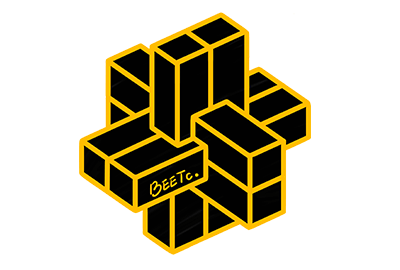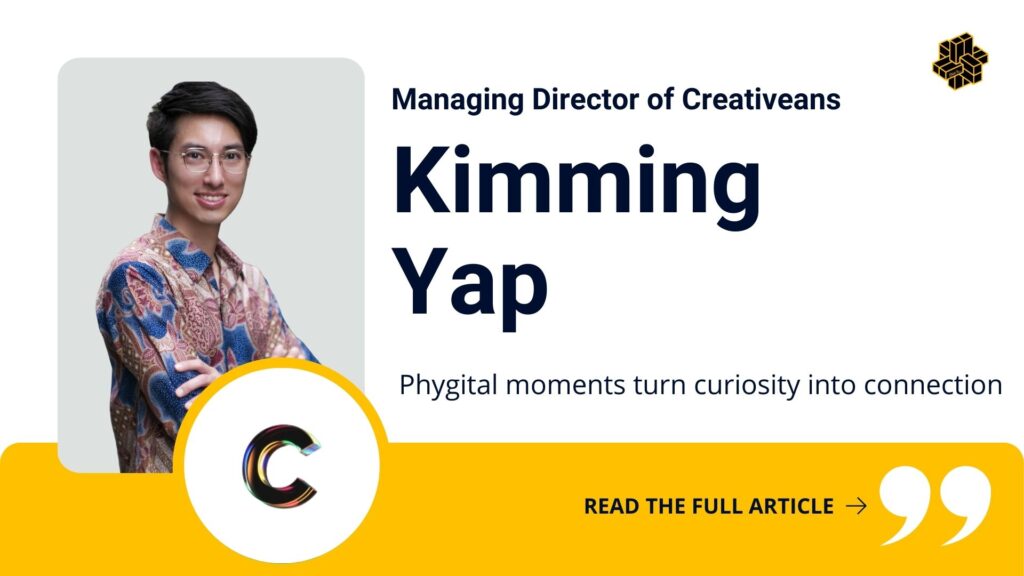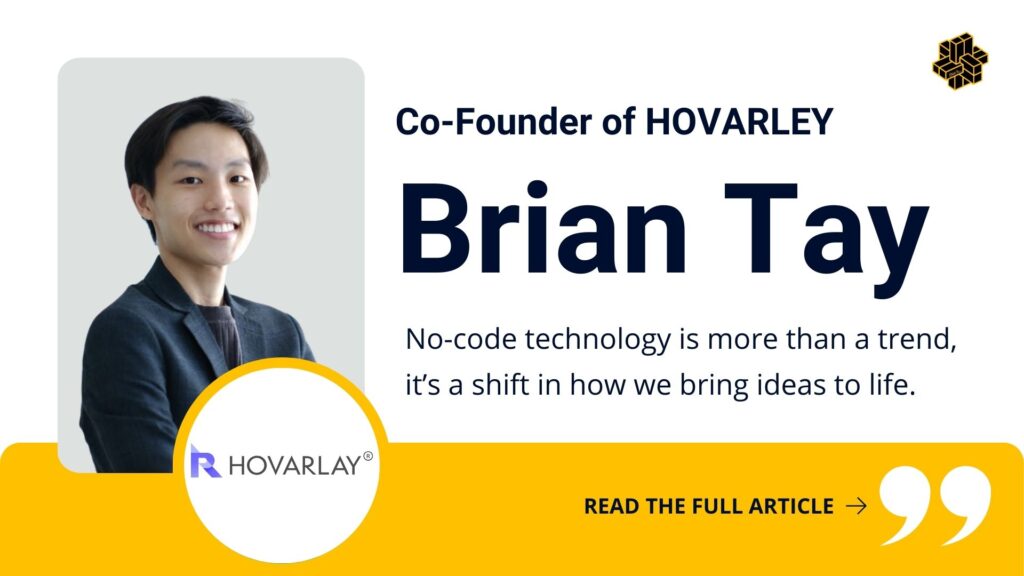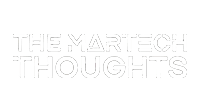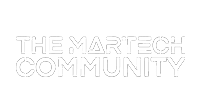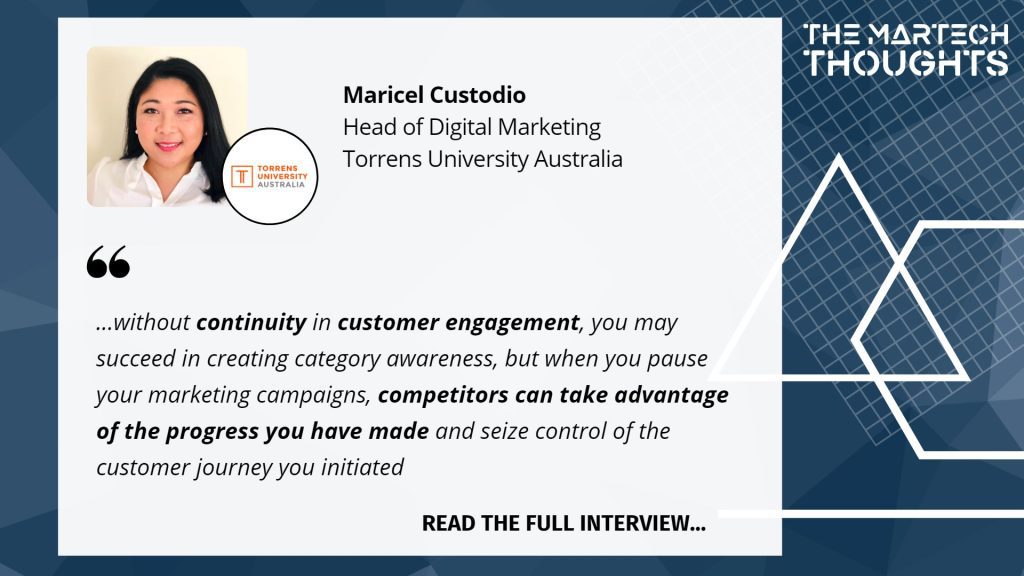
Welcome Maricel Custodio, Head of Digital Marketing from Torrens University Australia, sharing her insights and experiences on Marketing Strategy, Customer Engagement and Marketing Automation, as part of the MarTech Thoughts series.
What is your industry? And how would you explain your job to a 5-year-old?
I currently work in the Higher Education Sector. Initially, I took on this job as a passion project to give back to the community. My goal was to enable students to find a course they love, graduate with purpose, and contribute to the community they belong to. This sense of purpose has helped me navigate the challenges in my current role and turn them into opportunities for innovation and growth.
Growing a fairly new university and competing against long-established institutions with strong reputations is a tough task. However, this challenge has also been the driving force behind our strong digital marketing strategy. Our business unit utilizes a combination of paid media, organic channels, web, and marketing technology to generate demand, create awareness, establish brand affinity among the relevant target audience, and convert prospects into enrolled students.
While digital metrics play a crucial role in measuring the performance of our campaigns and marketing activities, the ultimate measure of success is aligned with the achievement of our business goals and deliverables.
What is the one marketing platform/app/solution you can’t live without? Why?
The Google Marketing Platform offers a comprehensive range of tools to optimize our marketing initiatives, from the first customer touchpoint to remarketing and, ultimately, conversion. It can facilitate a continuous loop for upselling. This platform empowers data-driven decision-making, efficient targeting, and campaign optimization, all backed by AI and ML. As a result, it allows us to deliver the most relevant messaging based on the stage of the customer journey.
Additionally, this platform fosters a seamless collaboration between humans and technology, fully supporting and demonstrating our commitment to creating exceptional customer experiences and driving continuous improvement.
Currently, what are you primarily looking for in your digital marketing efforts? Awareness or engagement? Why?
I utilize digital marketing to support a comprehensive full-funnel marketing strategy, covering the entire customer journey from the initial touchpoint to conversion, in order to achieve our business KPIs. It is crucial to establish a connected and personalized customer journey that supports the path to conversion. Focusing solely on specific sections of the funnel can cause you to miss out on opportunities to engage with your customers when they are online. Moreover, without continuity in customer engagement, you may succeed in creating category awareness, but when you pause your marketing campaigns, competitors can take advantage of the progress you have made and seize control of the customer journey you initiated. It’s like planting a tree, only to have someone else harvest the fruits.
At your organisation, what tasks in marketing are good to automate and what tasks still need a human touch?
We leverage the power of AI and ML to automate our marketing platforms, optimizing our campaigns based on specific objectives. This approach enables us to utilize real-time insights and achieve the best possible outcomes. By harnessing AI, we can serve the most relevant combination of creative assets, personalize messages for individual customers, employ optimal bid strategies tailored to the right customers and channels, and optimize our digital spend for efficiency.
However, human input remains crucial in ensuring that campaign delivery aligns with business insights. I view it as a collaborative effort between humans and machines aimed at driving continuous improvement. This collaboration includes leveraging new platform functionalities, enhancing creative assets and messaging, and optimizing strategies to accommodate evolving business goals.
It is important to note that the quality of the input data directly impacts AI’s decision-making process, which in turn affects automation. If poor-quality or irrelevant data is provided, AI may generate outputs that do not align with the desired business outcomes. Therefore, human intervention in maintaining the integrity and relevance of the input data is essential to achieve the business goals.
What are some of the significant changes to your customer outreach and retention strategies? And how has it impacted the growth plan for upcoming years?
The evolution of digital technology has sparked an information overload for consumers. Mass marketing is no longer effective for staying relevant to customers, as it runs the risk of being classified as noise. Relevance and optimization have become more crucial than ever for savvy and well-informed customers.
To succeed, it is essential to understand your customers at a deeper level and adapt to their evolving needs and desires.
A prime example of this is the impact of Covid-19 on consumers. This pandemic caught many people off guard, requiring governments, organizations, and individuals to evolve on multiple fronts.
As a result, consumer behavior has undergone a significant shift. The challenge now lies not only in being relevant and outpacing the competition but also in communicating with individuals on a personalized level to deliver exceptional customer experiences.
Moreover, leveraging data, technology, establishing new processes, acquiring the right resources, upskilling, and onboarding existing resources are all integral components of the overall strategy.
How do you see the skillsets needed for the marketing profession changing?
Being knowledgeable and having a solid foundation in marketing principles is still highly valuable. The ability to effectively utilize digital platforms, analyze data, leverage technology, manage brands, market products, and enhance customer experience in order to deliver the right message to the right customer through the appropriate channel at the optimal moment is an exceptional skillset to possess.
However, it is important to acknowledge that not everyone will have expertise in all of these areas. Hence, soft skills such as effective communication, adaptability to change, resilience, and the ability to foster collaboration among team members to achieve shared business goals are also essential.
Moreover, adopting a test-and-learn mindset to drive innovation, maintaining an entrepreneurial spirit to ensure that capabilities and marketing metrics align with business objectives, and understanding the evolving patterns of consumer behavior, strategic thinking, and future planning can serve as significant differentiators.
How do you keep your team motivated to get the best out of them during challenging economic times with additional external pressure?
From my perspective, it is crucial for individuals to have a sense of purpose behind their job that goes beyond mere task execution. This fosters creativity, a focus on delivering results, and resilience in the face of challenges. It is also important to incorporate an element of fun, as stress can be detrimental to creativity. Stress can manifest in various ways. Understanding the different triggers and root causes of stress, as well as knowing how to address them, is key. While we may not always have control over the challenges we face, mentoring your team to adopt the right mindset and attitude can make a significant difference.
Continuous learning, upskilling, and professional development, along with attending industry events, can help bolster confidence and ensure that one stays up-to-date with emerging marketing trends. Lastly, in times of economic uncertainty, job security becomes a common concern. As an employee, there is no guaranteed job security, as business directions can change over time, impacting any role. Therefore, the best form of job security lies in doing our best to deliver on our business Key Performance Indicators (KPIs), innovating, adding value to the business beyond our regular responsibilities, and continuously upskilling. These factors make the team highly employable. In the worst-case scenario where their roles are impacted by a business restructure, it will enable them to breeze through any job interview, as they will have many achievements to share.
How do you monitor the effectiveness of your audience segmentation?
In my opinion, one of the best indicators of an effective audience segmentation is when you are able to achieve the desired action from your target customers. This can be accomplished through a series of activations as you engage the customer along the path to conversion.
While digital metrics are great for monitoring campaign performance against your target audience, the ultimate measure of success lies in delivering on your business objectives. These objectives can encompass various outcomes such as customer growth, product adoption, meeting revenue targets, increasing customer satisfaction, and maximizing lifetime value, among others.
A big thank you to Maricel for sharing her experience and insights!
If you want to connect with Maricel after reading her MarTech Thoughts, please reach out to her via her LinkedIn profile!
See more MarTech Thoughts interview posts here: https://themartechsummit.com/category/martech-thoughts/
Last updated: June 2023
